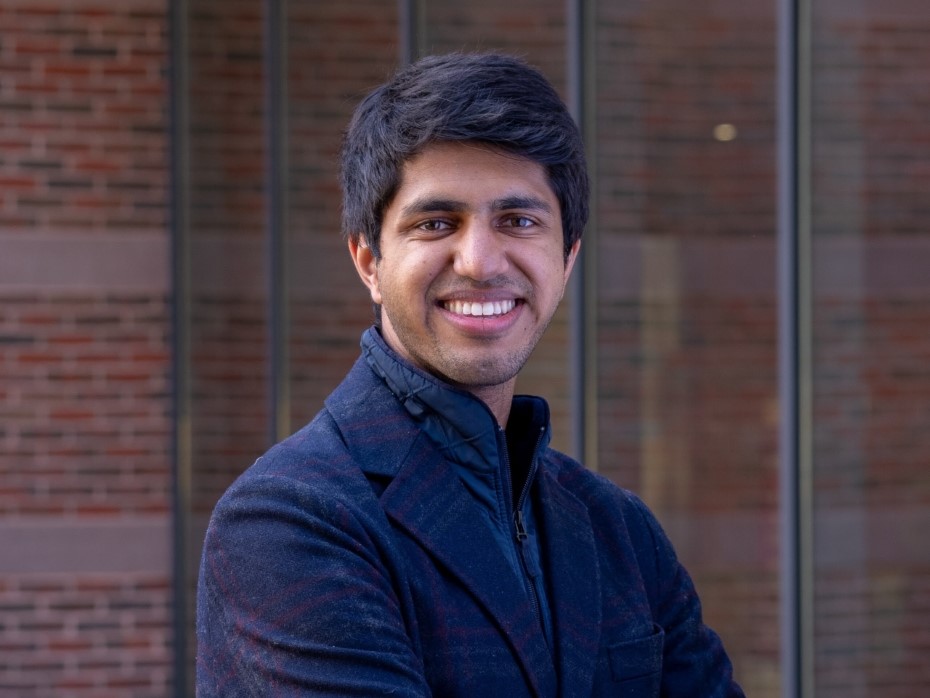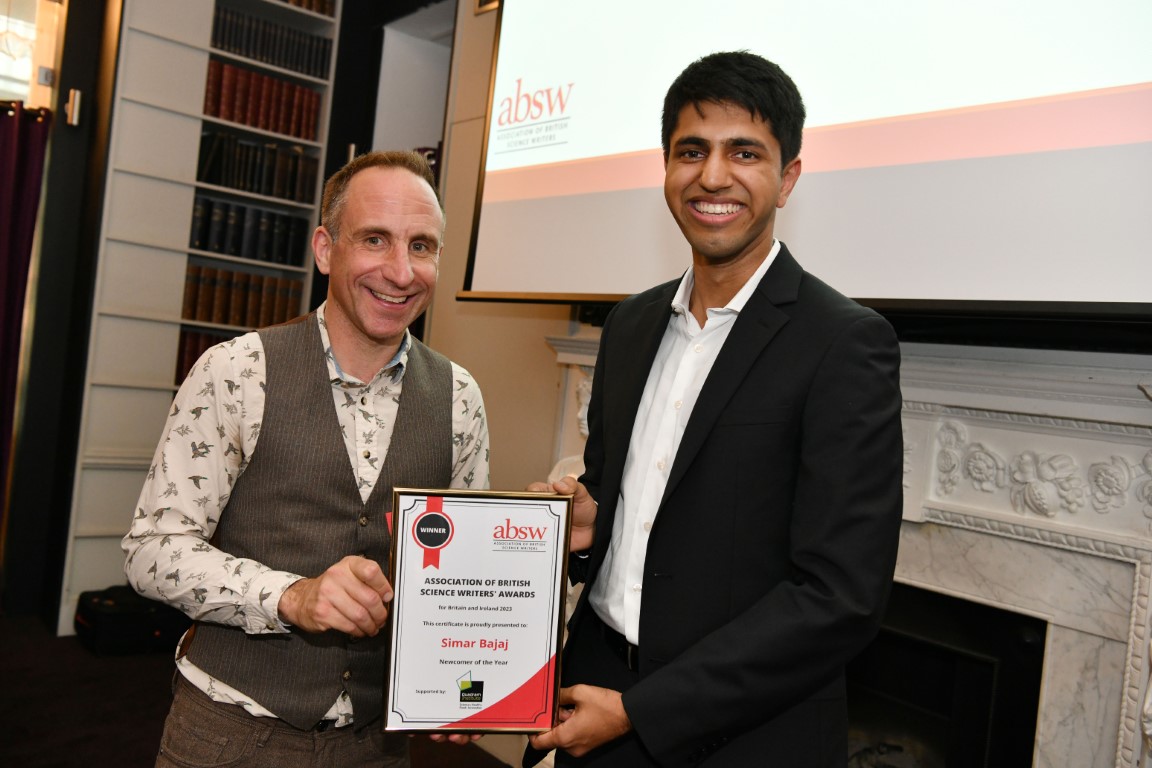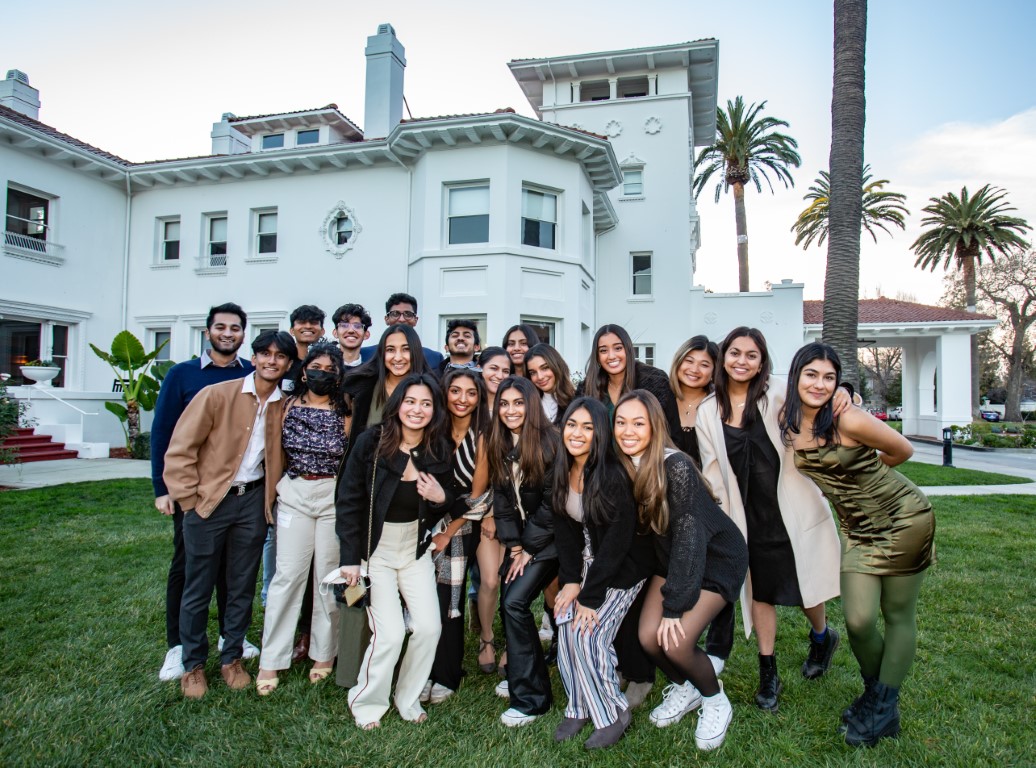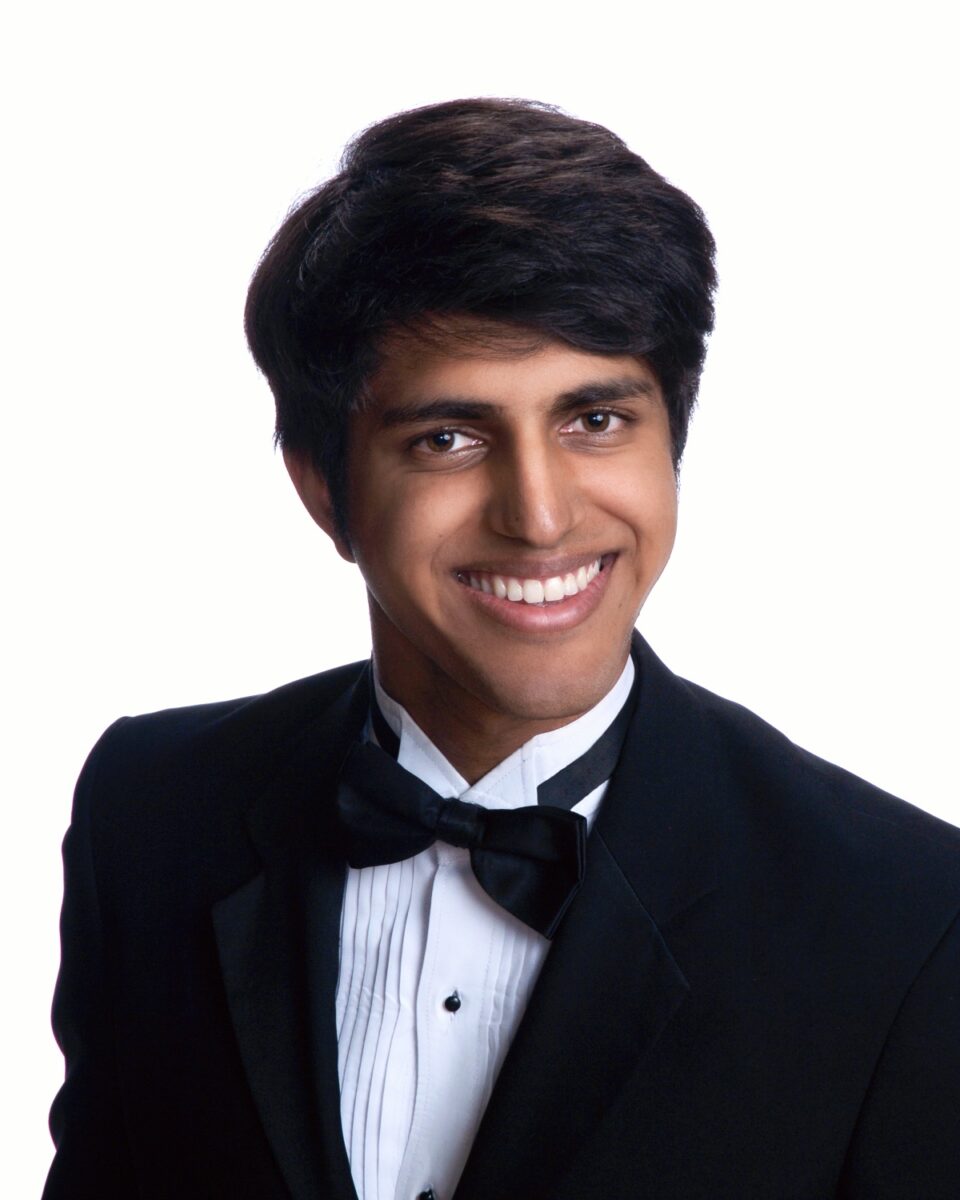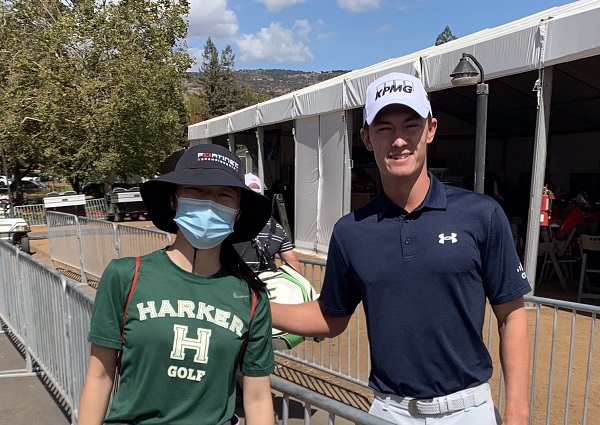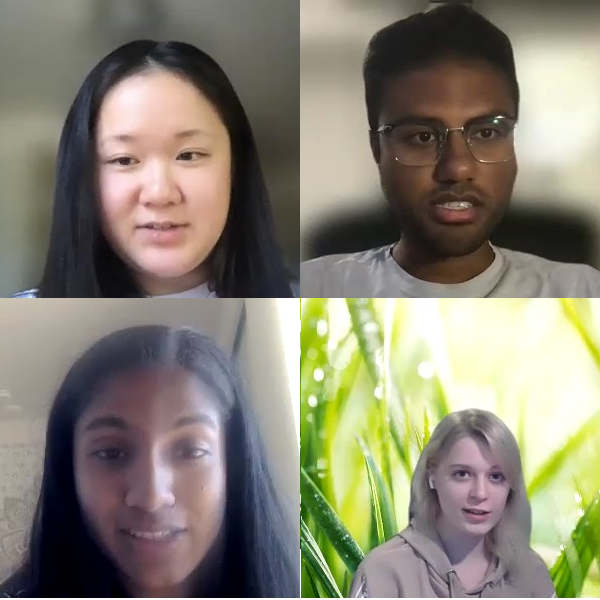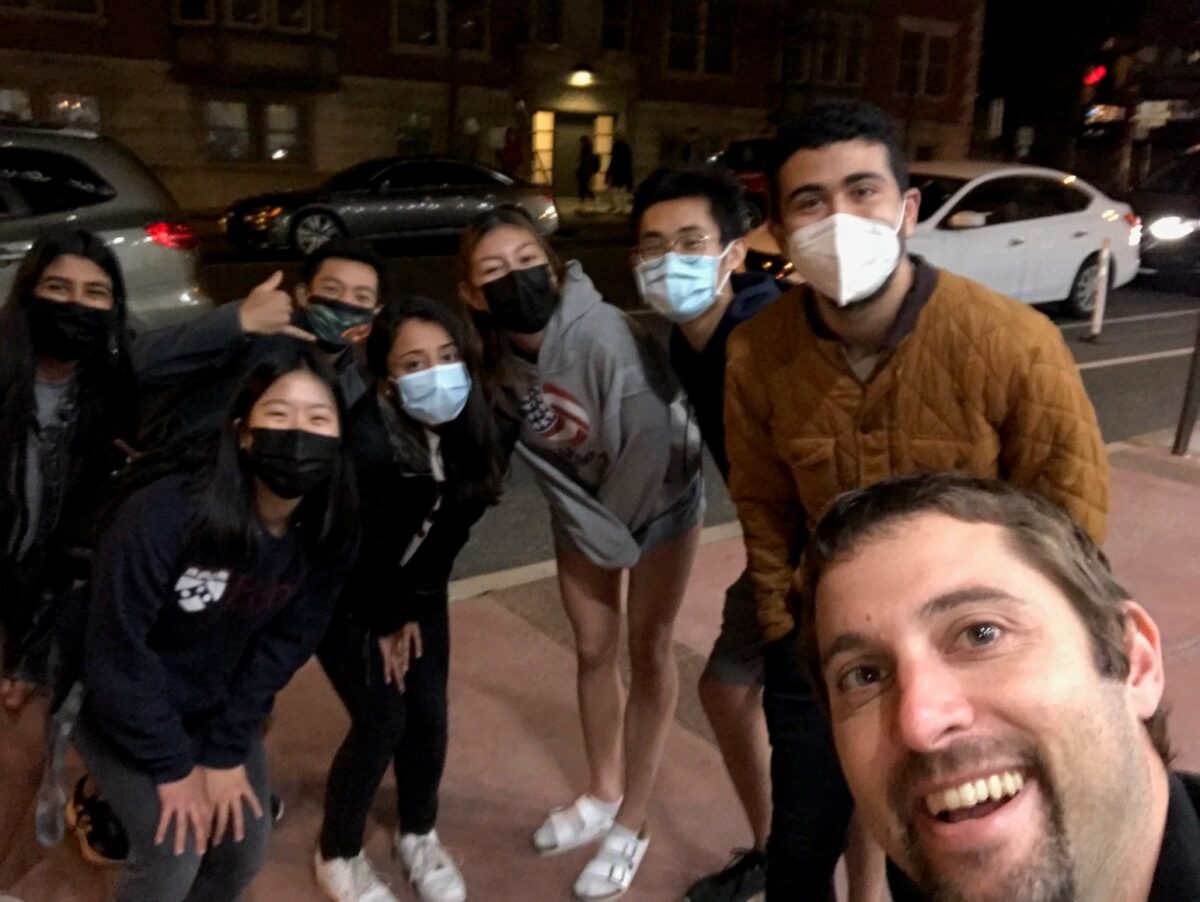The award-winning journalist will study global health science and epidemiology, while also investigating treatment for socially stigmatized diseases.
Class of 2020
More science journalism accolades for 2020 alum
Simar Bajaj ’20 spent the summer as a journalist for STAT News, the Boston Globe’s health and medicine news site, while also earning a number of journalistic awards.
Bajaj ’20 wins Foreign Press Association Science Story of the Year
Bajaj’s award for his story in the Guardian made him the youngest awardee in FPA history.
Bajaj ’20 pursues science journalism
Class of 2020 celebrates Harker career at January gathering
In early January, the Class of 2020 gathered at the Hayes Mansion in San Jose for a special celebration that brought together hundreds of alumni and their loved ones to reflect on and honor their time as Harker students.
Bajaj ’20 co-authors two pieces published in medical journals
Two manuscripts co-authored by Simar Bajaj ‘20 were published in medical journals “Nature Medicine” and “The Lancet.”
Alumni athletes compete in PGA golf, collegiate volleyball
Maverick McNealy ’13 took second place at the Fortinet Championship and two 2020 volleyball alumni competed in the MIT Invitational.
Alumni research panel offers insight and advice to current students
Earlier this month, the Harker Research Club hosted a panel with Vikas Bhetanabhotla ‘14, Cynthia Chen ‘20, Anastasiya Grebin ‘18 and Ruhi Sayana ‘19, who spoke about their post-high school careers and offered advice on how to find research opportunities.
Upper school econ teacher and alumni catch up in Philly
Bajaj ’20 speaks to students on racism in medicine
Last week, Simar Bajaj ‘20 gave a presentation to Harker students to expand on the points made in an essay he co-wrote that was published in the New England Journal of Medicine in January.
